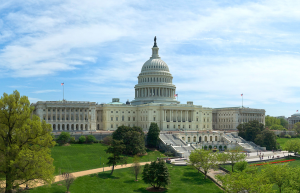
The Trump administration’s proposal to reduce funding for the federal agency assigned to protect federal civilian networks and work with state and local governments and the private sector on minimizing cyber security risks will not stand, Democrats and Republicans on a House Homeland Security panel said on Wednesday. “CISA’s work is critical,” Rep. Mike Rogers (R-Ala.), ranking member on the House Homeland Security Committee, said at a hearing to review the fiscal year 2021 budget request for the Department of…

 By
By 











